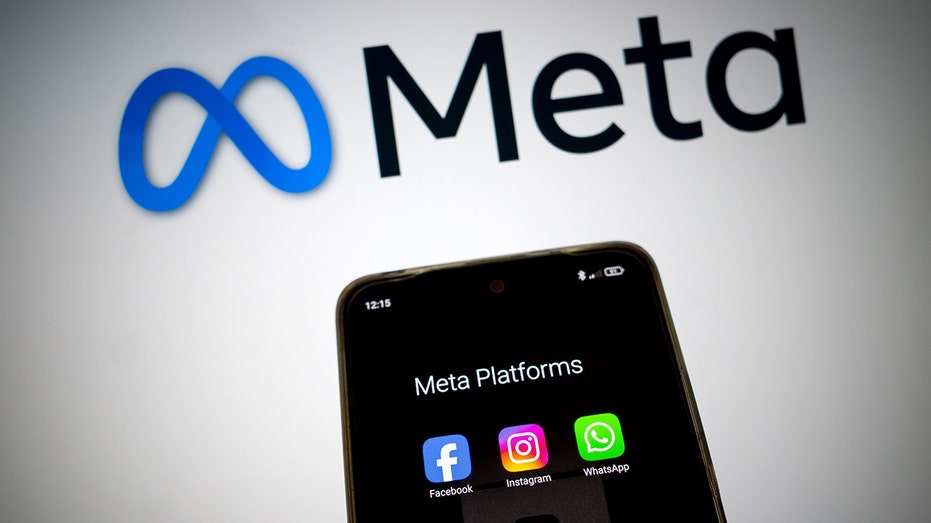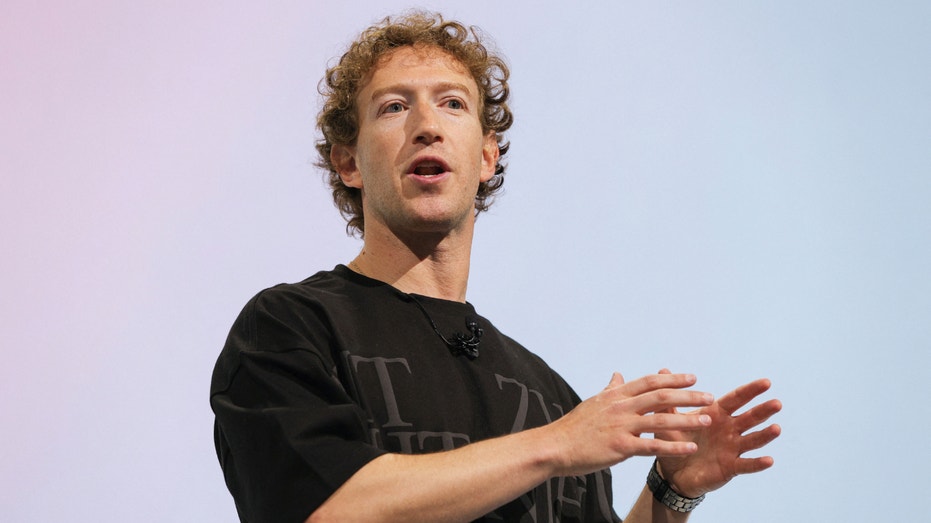A shareholder proposal sponsored by the Anti-Defamation League (ADL) affiliate JLens has the backing of Institutional Shareholder Services (ISS) and Glass Lewis & Co.
Both proxy advisory firms are advising Meta shareholders to vote in favor of the proposal, which seeks to have the big tech giant reveal how it deals with hateful content on its platforms.
In Proposal 8, titled “Report on Hate Targeting Marginalized Communities,” the requirements for such a report are spelled out in greater detail. JLens is asking that the report include details on the company’s “policies, practices, and effectiveness” in handling hate, specifically, “specifically antisemitism, anti-LGBTQ+ and anti-disability hate.” According to the proposal, the findings are to be made public within a year.
META ENDS CORPORATE DEI PROGRAMS
This proposal comes just over a month after Meta’s Oversight Board expressed its concern over the company’s shift in policy on regulating content, which was announced in January. The board concluded that controversial speech did not need to be removed, but that Meta needed to remove “content where there is a substantial connection to tangible harm.”
ADL CEO Jonathan Greenblatt welcomed the support of ISS and Glass Lewis, telling FOX Business that having both firms back the proposal was “an important milestone.”
“All we want to do is to ensure that Meta is making it clear how they’re handling the rampant antisemitism and bigotry on their services,” Greenblatt told FOX Business.
Last June, the ADL released its findings showing that among teens who were harassed online, 61% experienced harassment on Facebook—an uptick from the 53% found in its previous report.
A few months later, in September, the ADL released its social media scorecard in which Facebook received a C grade and Instagram received a C-.
The organization found that while the platforms had “appropriate policy,” neither acted on content containing antisemitic conspiracy theories that was flagged by regular users. When that same content was reported by a “trusted flagger,” Facebook acted on 87.5% of it, while Instagram acted on 68.8%, according to the ADL.

META ANNOUNCES IT WILL OFFICIALLY END FACT-CHECKING ACROSS ITS U.S. PLATFORMS
Greenblatt said the ADL has been trying to engage with Meta for months and has been unsuccessful in getting the company to act against hateful content. The ADL chief also told FOX Business that despite getting the backing of ISS and Glass Lewis, he is not confident that the proposal will be adopted.
“It’s unlikely that the proposal will be approved. Mark Zuckerberg owns a controlling number of shares in the company. I do expect that a sizable percentage of shareholders will vote in favor of the proposal. That is going to send a loud and clear message to the company that they need to deal with this once and for all,” Greenblatt said.
Ultimately, according to Greenblatt, the ADL is looking for Meta to act consistently in how it handles top-down moderation and to ensure that its current policies are being enforced. Greenblatt told FOX Business that this is not about “cancel culture,” but rather about “consequence culture.”
“If you violate the rules or the terms, you simply need to pay the price,” he said.
META POLICY CHIEF SAYS DECISION TO END DEI ENSURES COMPANY HIRES ‘THE MOST TALENTED PEOPLE’
While Greenblatt acknowledges that top-down content moderation is not easy, it is necessary. He spoke to FOX Business about the issues with platforms that do not employ top-down moderation practices, such as Wikipedia, which is entirely user-driven.
“Well, what do community notes look like at scale? I would point you to Wikipedia. The Wikipedia service, which is completely user-driven, there is no top-down moderation. And we’ve seen, as ADL and others have detailed, an institutionalization of anti-Zionism, antisemitism [and] built-in biases,” Greenblatt said.

He admitted that Meta will face challenges in moderating this kind of content, but said that “pulling back from top-down content moderation and simply surrendering to the mob” was not the solution.
In January, Meta announced major changes to their terms of service, including an end to fact-checking, which impacted how the platform addressed hate speech online. While many applauded the move, the ADL immediately expressed concern about the decision.
At the time, Greenblatt said it was “mind-blowing how one of the most profitable companies in the world, operating with such sophisticated technology, is taking significant steps back in terms of addressing antisemitism, hate, misinformation and protecting vulnerable and marginalized groups online.”
Meta shareholders are expected to meet on Wednesday, though it is not clear when the results of the vote on this proposal will be made public.
Read the full article here















